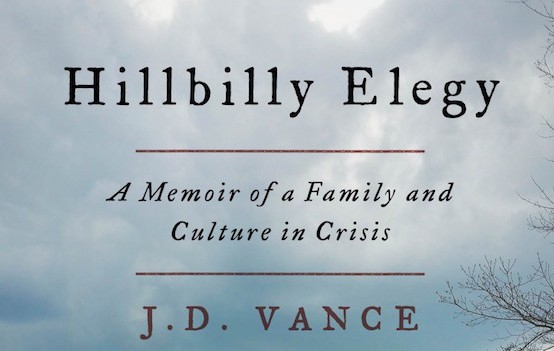Hillbilly Elegy, J.D. Vance’s bestselling memoir, strikes a delicate balance between family history and cultural commentary. In the book, Vance draws on his memories of an unstable family in a stagnant small town to paint a vivid picture of the culture of “working-class white Americans of Scots-Irish descent who have no college degree” better known as “hillbillies, rednecks, or white trash.”
Login to read more
Sign in or create a free account to access Subscriber-only content.
Topics:
